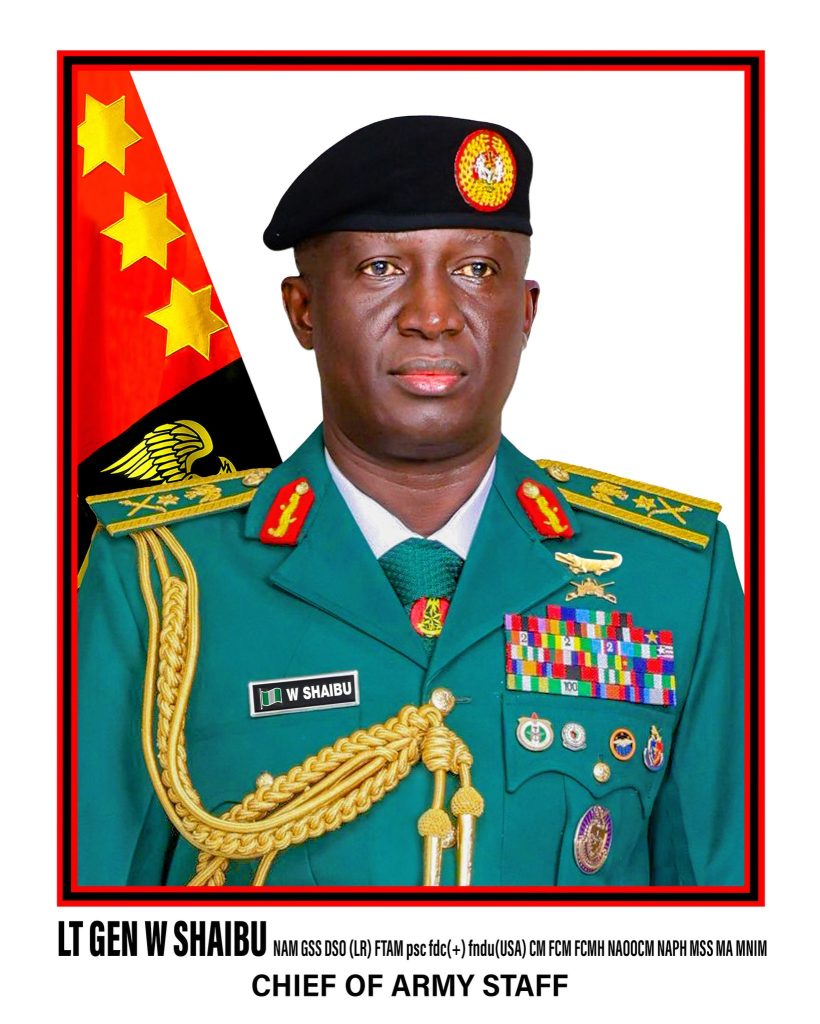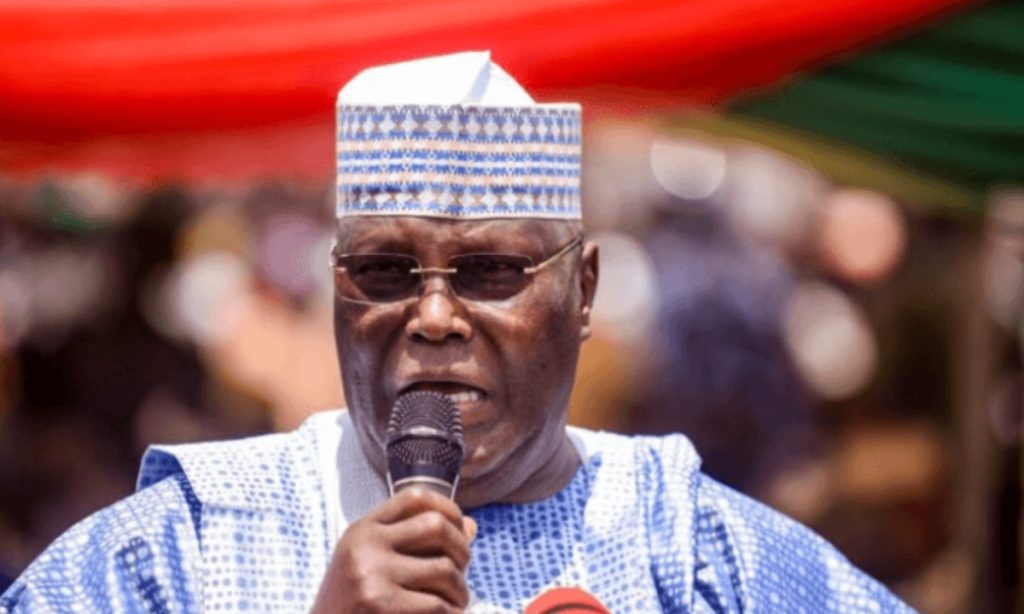In a significant display of solidarity, Niger’s military leader, General Abdourahamane Tiani, visited Mali on Tuesday, where he was warmly received by his counterpart, General Assimi Goïta. The two leaders engaged in extensive talks, marking a crucial step in strengthening the Alliance of Sahel States (AES), a bloc formed by Niger, Mali, and Burkina Faso after their exit from the Economic Community of West African States (ECOWAS) earlier this year.
The visit, Tiani’s second to Mali since taking power in July 2023, was marked by military honors and focused on practical cooperation. Following a private meeting at the Koulouba Palace, the two leaders were joined by key ministers, including their defense and finance chiefs, for expanded discussions on tackling shared security challenges, enhancing economic and diplomatic collaboration, and advancing major AES projects. These projects include the establishment of a joint military force and a planned Investment and Development Bank.
The meeting is seen as a key embodiment of a rising “new Sahelian geopolitics,” where the three AES nations are increasingly relying on each other. Observers note that this solidarity is a strategic move to reinforce the bloc’s unity against external pressures. By presenting a united front, Mali, Niger, and Burkina Faso aim to demonstrate their determination to pursue a sovereign path, independent of regional bodies like ECOWAS, which they view as distant or antagonistic.
The AES’s confident stance sends a powerful message in a region beset by unprecedented crises. The bloc is rapidly evolving from a theoretical concept into an operational reality, with the three nations leveraging their shared history and challenges to redefine the region’s political and security landscape. Despite facing immense obstacles, the AES countries are determined to pursue their goals, underscoring their journey with the unwavering determination of their peoples.
The development of the AES is significant, given the region’s complex security and economic challenges. As the bloc continues to take shape, it is likely to have far-reaching implications for the Sahel region and beyond. The AES’s growth and consolidation will be closely watched by regional and international observers, as it seeks to establish itself as a major player in West African geopolitics. With the AES’s future plans including the establishment of a joint military force and a regional bank, the bloc’s progress will be an important factor in shaping the region’s stability and prosperity.



